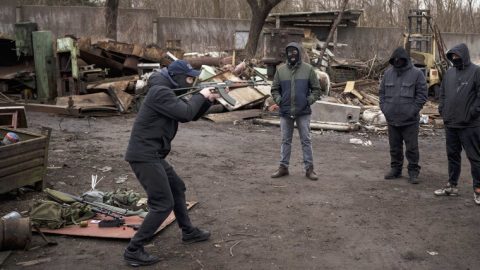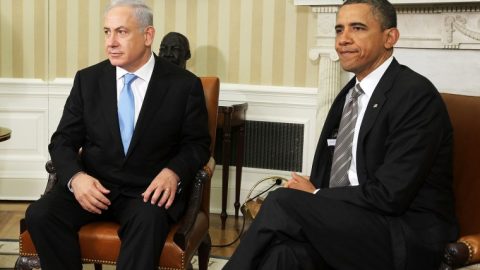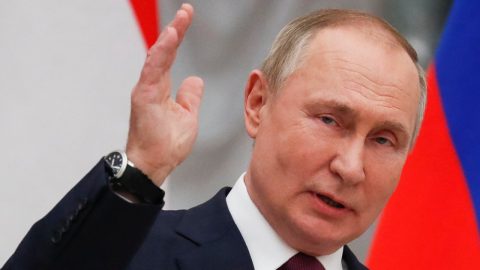
“Iran made a big mistake tonight — and it will pay for it,” he said Tuesday after the attack. “The regime in Iran does not understand our determination to defend ourselves and our determination to retaliate against our enemies.”
Defense Minister Yoav Gallant warned Iran it would “pay a heavy price,” while Israel’s United Nations Ambassador Danny Danon said Iran would “bear the painful consequences.”
Some in Israel and beyond are encouraging the country to use this opportunity to launch an ambitious and unprecedented strike against Iran’s nuclear facilities.
Such a strike would “mark a new high in the tit-for-tat pattern of escalation, and will likely unfurl a chain reaction of unforeseeable events that will endanger U.S. and Western assets, interests and personnel in the region,” Burcu Ozcelik, a senior research fellow at the Royal United Services Institute think tank in London, told NBC News.
Whether to go this far has been a “longstanding debate” within Israel’s intelligence and defense decision-makers, she added. “Israeli retaliation at this stage will be significant, but it may not be the maximalist hit that some on the far-right in Israel are demanding, for now.”
Netanyahu’s office did not respond to requests for comment when asked last week whether it was considering this course of action.
If not, another option might be Israel striking Iran’s oil refineries.
The Islamic Republic is the world’s seventh-largest oil producer, responsible for 4% of the global total. This industry is the country’s “arterial economic lifeline” and the “soft belly of Iran,” Ozcelik added, because “without revenue from oil exports, the economy will take a heavy blow.”
Iran’s next move could be to target Saudi oil facilities, as it was accused of doing by the U.S. and others in 2019, according to Ozcelik and industry analysts. It could also hit back by closing the key Strait of Hormuz maritime bottleneck.
“This dangerous cascading effect would trigger a spike in oil prices and severe disruptions in the energy supply chain with a global knock-on effect,” Ozcelik said.










Recent Comments